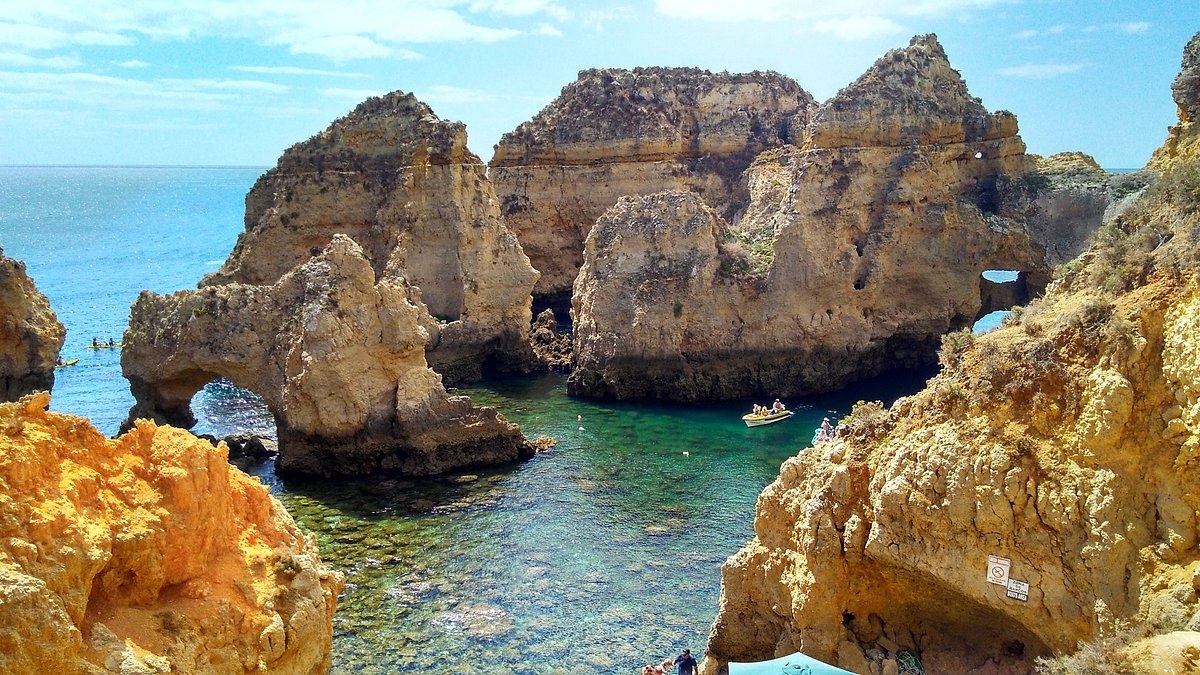
Faro, the lesser-known gateway to the Algarve
Discover Faro : history, beaches, gastronomy, and authentic culture at the heart of the Algarve.
Faro, often overshadowed by the more famous Algarve resorts such as Albufeira or Lagos, is nevertheless a city that deserves your full attention! It is the capital of the region, and there is much to discover about it. Faro combines history, urban charm, preserved nature, and local traditions. Less touristy than other southern Portuguese destinations, it offers a truly authentic experience, where every corner is unique and tells a story. Faro is not just a stopover: it is the gateway to the Algarve, yet it possesses its own identity, still well preserved.
History and heritage
Ancient origins
Faro, whose old Roman name was Ossonoba, has a history dating back several centuries BCE. The Romans established a prosperous administrative and commercial centre here, taking advantage of its strategic location by the Ria Formosa and easy access to the Atlantic Ocean. Later, the city came under the control of the Visigoths and then the Moors, who left enduring marks on the local architecture and culture.
The Age of Discoveries and maritime trade
In the 15th century, Faro played an important role in Portuguese expeditions to Africa. Although less renowned than Lisbon or Porto in these maritime adventures, Faro served as a secondary port where ships could resupply and prepare before sailing along the southwestern coast of Europe. During this period, Faro also saw the development of its crafts, such as pottery and embroidery, which remain local specialities to this day.
Religious and civil heritage
Faro Cathedral (Sé de Faro)
Located in the old town, it combines Gothic, Renaissance, and Baroque styles. Its museum is also open to visitors.
Arco da Vila
An iconic gateway to the old town, built in the 19th century on the remains of older fortifications.
Igreja do Carmo
Famous for its Chapel of Bones, where the walls are adorned with skulls and bones, somewhat reminiscent of the Paris catacombs.
These sites tell not only the religious but also the social history of Faro, providing a journey through time at every step.
Cultural heritage and local legends
Faro is full of legends and local stories. For instance, some houses in the old town reportedly served as hideouts for pirates and privateers who patrolled the Algarve coast in the 17th century. Other tales speak of hidden treasures in the Ria Formosa marshes or of lost sailors guiding locals with lanterns from the shore. These legends are numerous and are still recounted by the city’s residents, especially during guided tours or in small cafés where older locals share oral memories.
The city today : atmosphere and inhabitants
Local mentality
Faro is a city where residents take pride in their heritage and culture. The local mentality is welcoming and relaxed : people enjoy chatting, sharing a coffee, or advising visitors on the best places to explore. If you have the opportunity, talk to them; they will likely share tips known only to locals. Unlike busier tourist areas, the pace here is calm, making it perfect for observing everyday Portuguese life.
The old town and its streets
Strolling through the Cidade Velha is like stepping back in time. Cobbled streets, colourful façades, wrought-iron balconies, and shaded squares create a unique charm. The famous Praça Dom Francisco Gomes and Praça da Liberdade are ideal for stopping to enjoy a coffee with a local pastry, such as a bola de Berlim, or a glass of ginjinha, the region’s cherry liqueur.
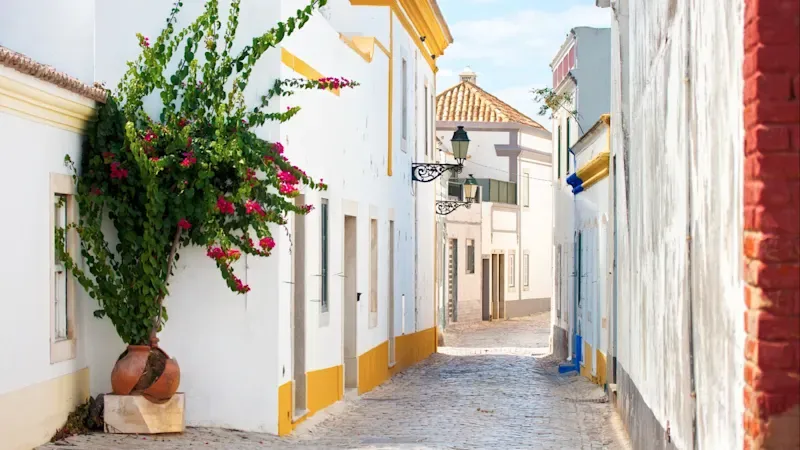
© Tourlane
Modern districts and nightlife
Outside the old town, Faro also offers more contemporary districts, featuring local shops, art galleries, and innovative restaurants. The Bairro da Penha is particularly appreciated for its discreet but lively nightlife, with bars offering live music and Portuguese tapas.
Beaches and nature
Ria Formosa
Faro is surrounded by one of the Algarve’s natural gems: the Ria Formosa Natural Park. This network of lagoons, islands, and salt flats is ideal for birdwatching, hiking, kayaking, paddleboarding, or simply relaxing. The beaches are breathtaking, and for nature lovers, the Ria Formosa is a true sanctuary, with flamingos, herons, and other migratory species visible year-round.
Beaches near Faro
Praia de Faro : a long sandy beach perfect for swimming, relaxing, and watersports, accessible by car or bus.
Ilha Deserta : accessible only by ferry, this near-wild island offers white sand and turquoise waters, perfect for a quiet escape.
Ilha do Farol : also reachable by boat, offering a more local atmosphere with seafood restaurants and fewer tourists.
Gastronomy and recommended spots
Local flavours
Faro’s cuisine reflects Algarve traditions. Fresh fish and seafood dominate : grilled sardines, polvo à lagareiro, and cataplana de mariscos are typical dishes not to miss. These are often served with local bread, fresh vegetables, and regional olive oil, providing an authentic culinary experience.
Recommended restaurants and cafés
Portas de São Pedro is perfect for traditional Portuguese cuisine with a modern twist ; A Venda is a small, typical restaurant where you eat like the locals, more immersive, impossible ! And finally, one last gem : 2 Irmãos is also a typical and very good restaurant.
Markets and local products
The Mercado Municipal de Faro is a must-visit for fresh produce: fish, vegetables, cheeses, local pastries, and carob, a regional speciality. It’s also ideal for picking up authentic gastronomic souvenirs.
Activities and leisure
Outdoor activities
Faro is perfect for outdoor activities : walking in the Ria Formosa, kayaking, paddleboarding, or cycling along coastal trails. Golf enthusiasts can also enjoy the numerous courses in the surrounding area.
Boat trips and wildlife observation
Boat excursions allow visitors to explore the Ria Formosa, spot dolphins, and discover areas inaccessible on foot. Local guides share stories and anecdotes, making the experience even more immersive and rewarding.
Maritime history and museums
The Museu Municipal de Faro houses archaeological and historical collections that help visitors understand the city’s evolution and role in the region. Faro also has remnants of old fortifications and historical buildings open to the public.
Practical tips
Getting around Faro
The city is compact and easy to explore on foot, especially the historic centre. To visit the Ria Formosa or more distant beaches, hiring a car offers the most flexibility. Public transport and taxis provide access to peripheral districts and nearby islands.
Accommodation
Faro offers a variety of options: hotels, apartments, hostels, and local stays. Booking in advance is highly recommended, especially during peak season. Staying with locals provides an authentic experience and immersion in daily city life.
Best time to visit
The climate is pleasant from May to October ; May, June, and September offer a perfect balance of good weather and fewer tourists. July and August are ideal for the beaches, although the city can be busier.
Faro is much more than just a gateway to the Algarve. With its historic heritage, local legends, delicious gastronomy, and natural landscapes, the city charms visitors through its authenticity and diversity. Faro is a destination to explore with curiosity and wonder.
Share this article
Suggested articles
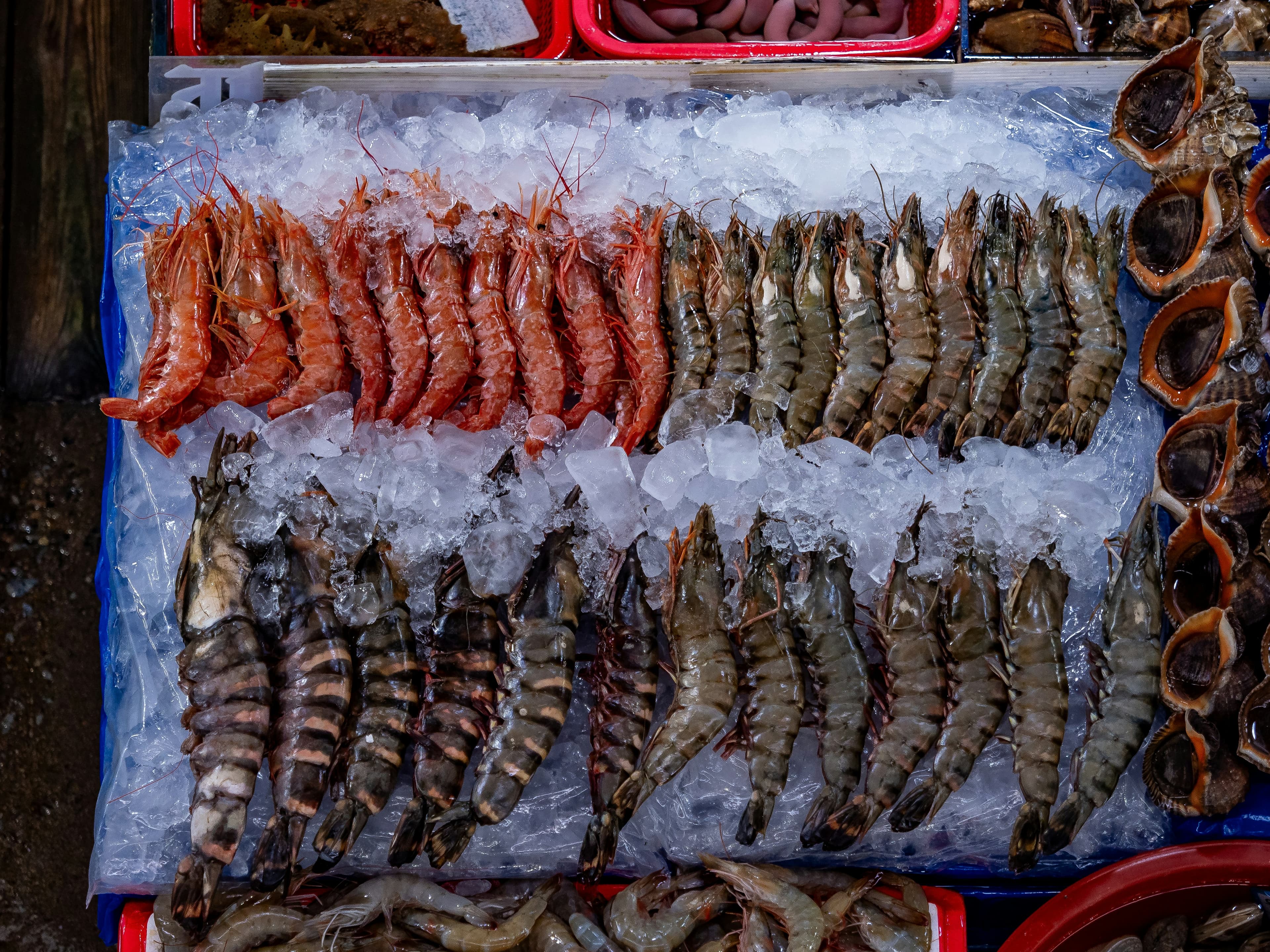
Seafood in the Algarve, an Oceanic Feast
The Algarve, this southern region of Portugal bathed by the Atlantic, is not only famous for its golden beaches and cliffs sculpted by the sea… It is also a true paradise for seafood lovers ! Prawns, octopus, clams, crabs, fresh sardines, and of course the famous cataplana, every bite tells a story of the sea, local traditions, and culinary expertise.
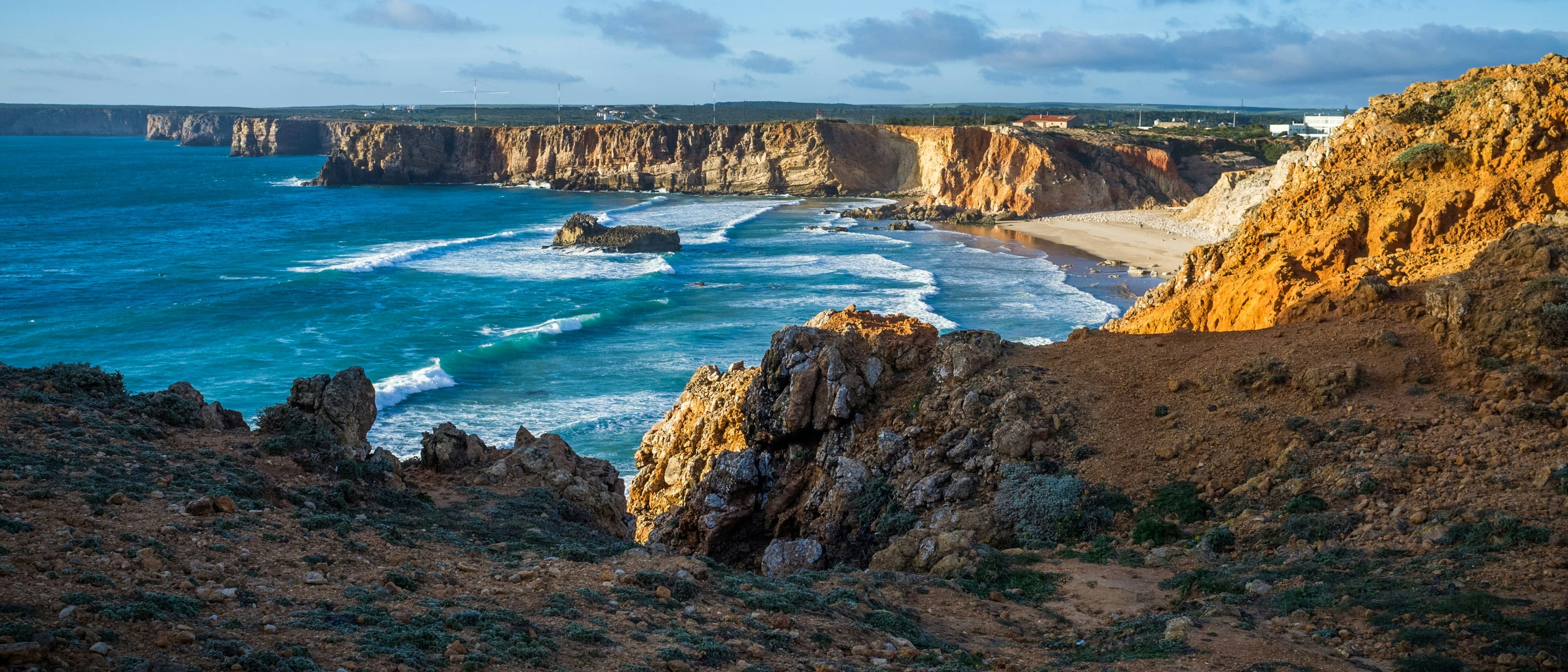
Road Trip in the Algarve, from Sagres to Vila Real de Santo António
If there’s a region in Portugal that embodies freedom, light and the sea, it’s the Algarve ! Stretching from the wild Atlantic in the west to the Spanish border in the east, it is the perfect setting for one of Portugal’s most scenic road trips.
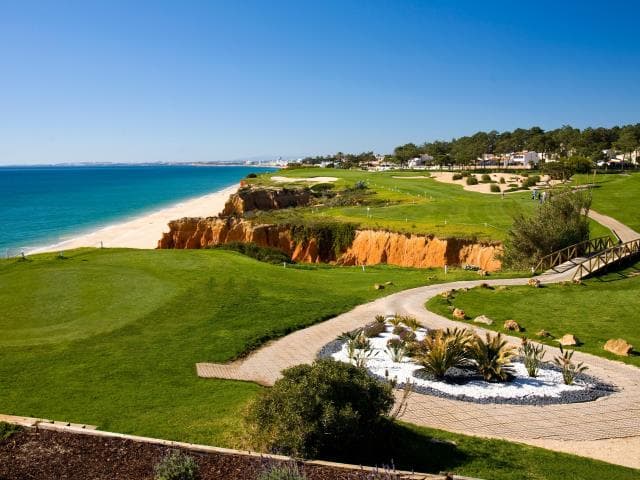
The Paradise of Greens, Golf in the Algarve
When people think of the Algarve, golden beaches and endless sunshine usually come to mind (or retirees, take your pick !). But if you're into golf, you'll probably think of its world-renowned courses!
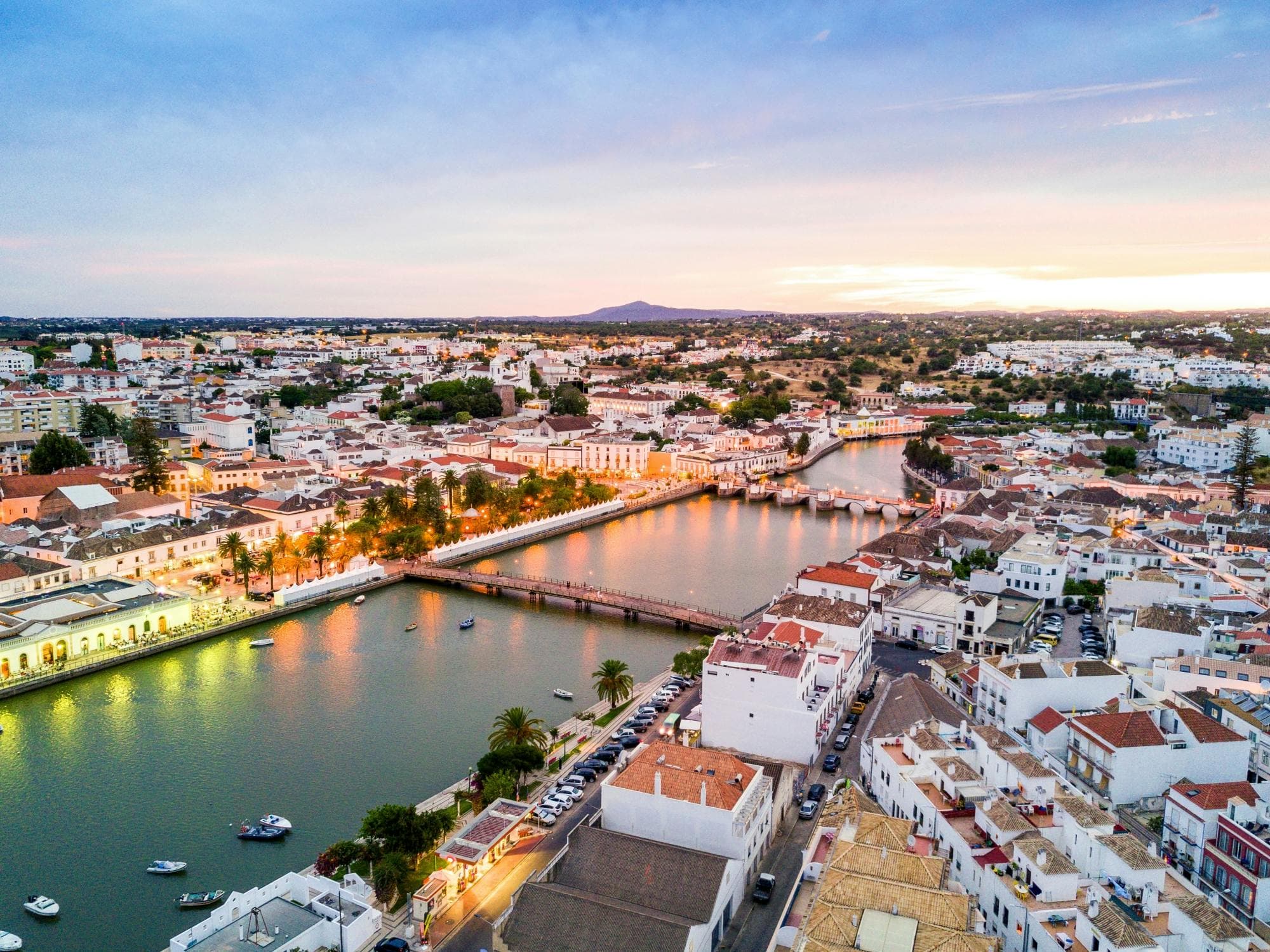
Tavira, the authentic charm of the East
Imagine yourself in a small seaside town, calm and with your feet in the water… If you haven’t heard of Tavira yet, know that it truly deserves your attention ! Located at the far east of the region (about 30 km from Faro, towards the Spanish border), it offers a delightful mix of history, nature, and local life…
.jpg&w=3840&q=75)
Benagil Caves, Natural Wonders
If you dream of breathtaking coastal landscapes… the Algarve is full of natural treasures! But few are as fascinating as the famous Benagil Caves. Nestled on Portugal’s southern coast, these spectacular marine formations attract travellers from all over the world every year. We invite you on a virtual guided tour to discover this Algarve gem and prepare for your future visit…
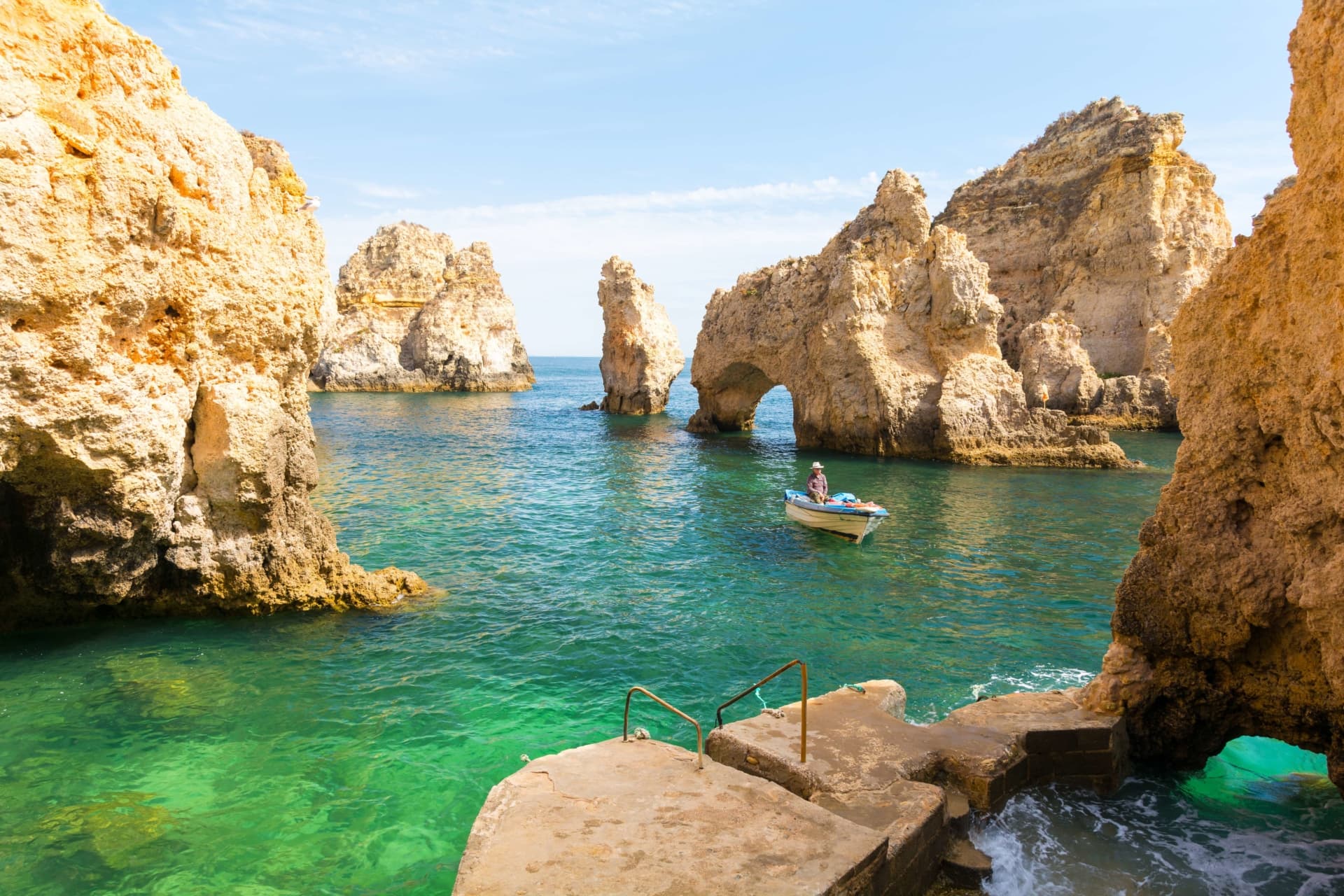
Lagos, the Pearl of the West
Lagos is a town located at the extreme south-west of the Algarve; history, culture, and natural beauty converge here harmoniously. Often overshadowed by more famous destinations, such as Albufeira, Lagos offers an authentic and immersive experience, ideal for travellers seeking discovery!


